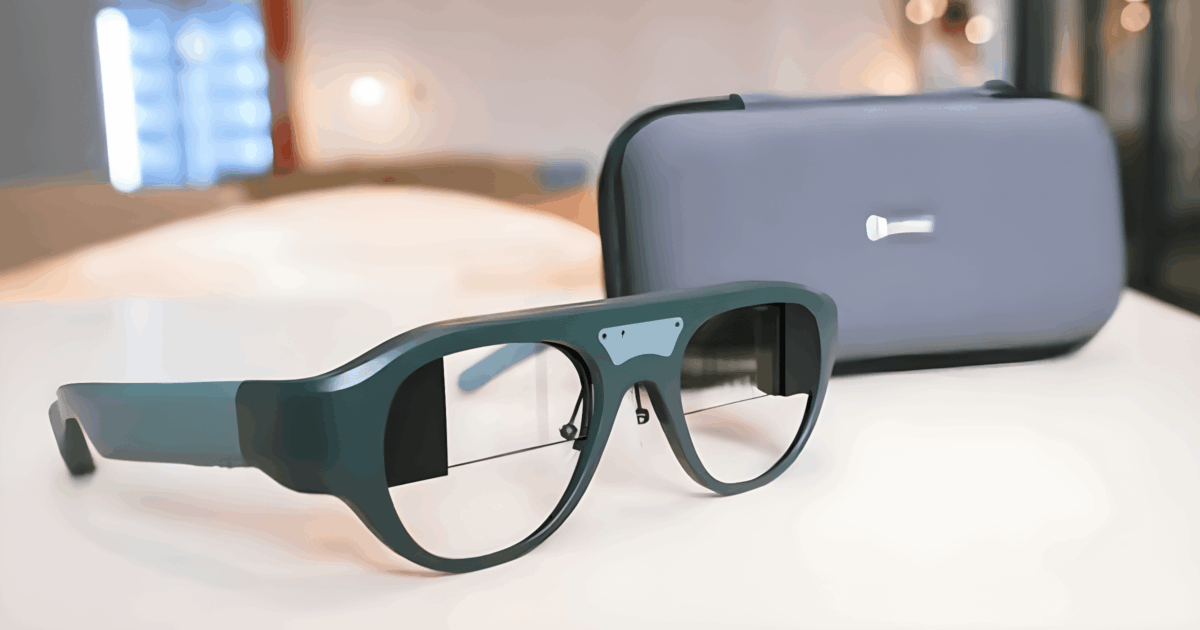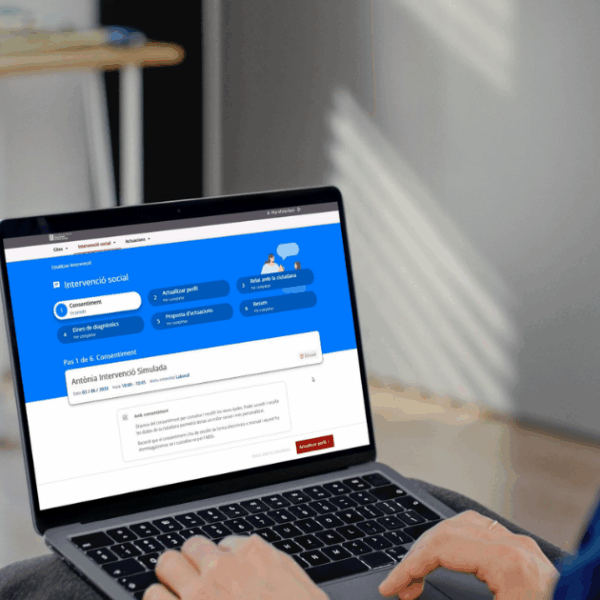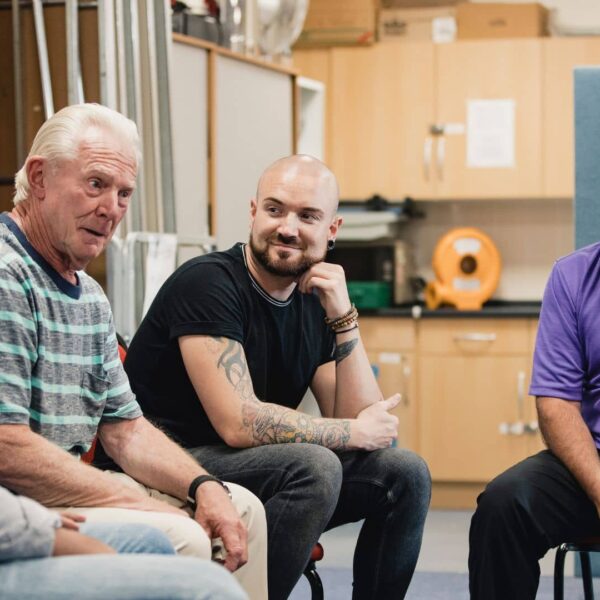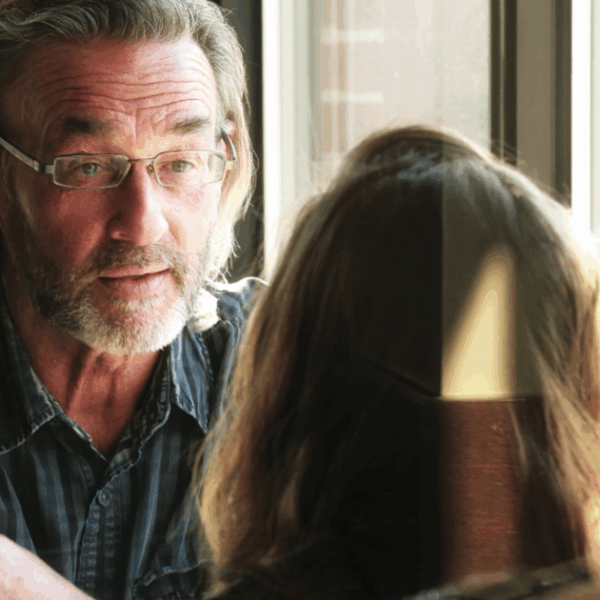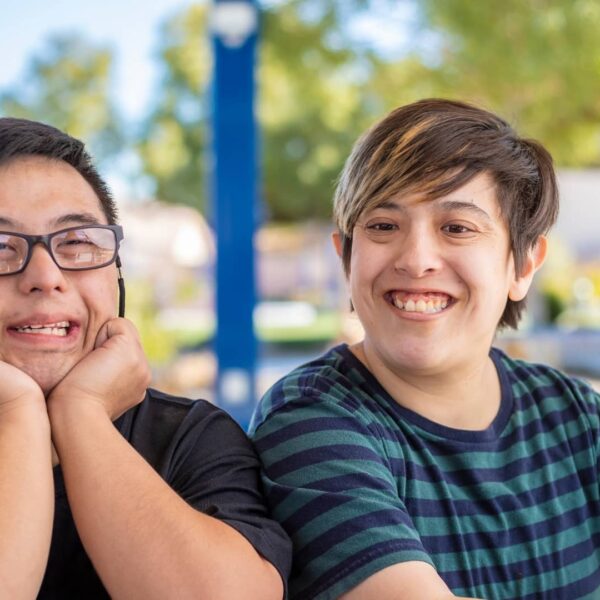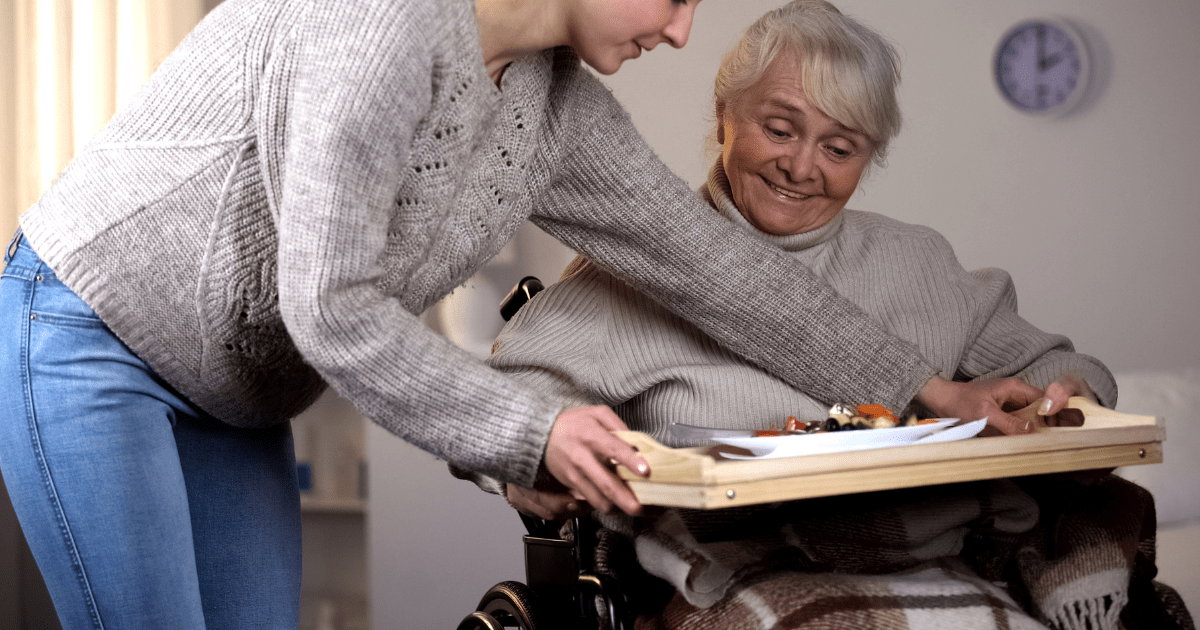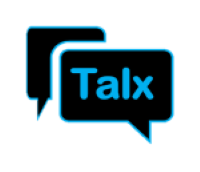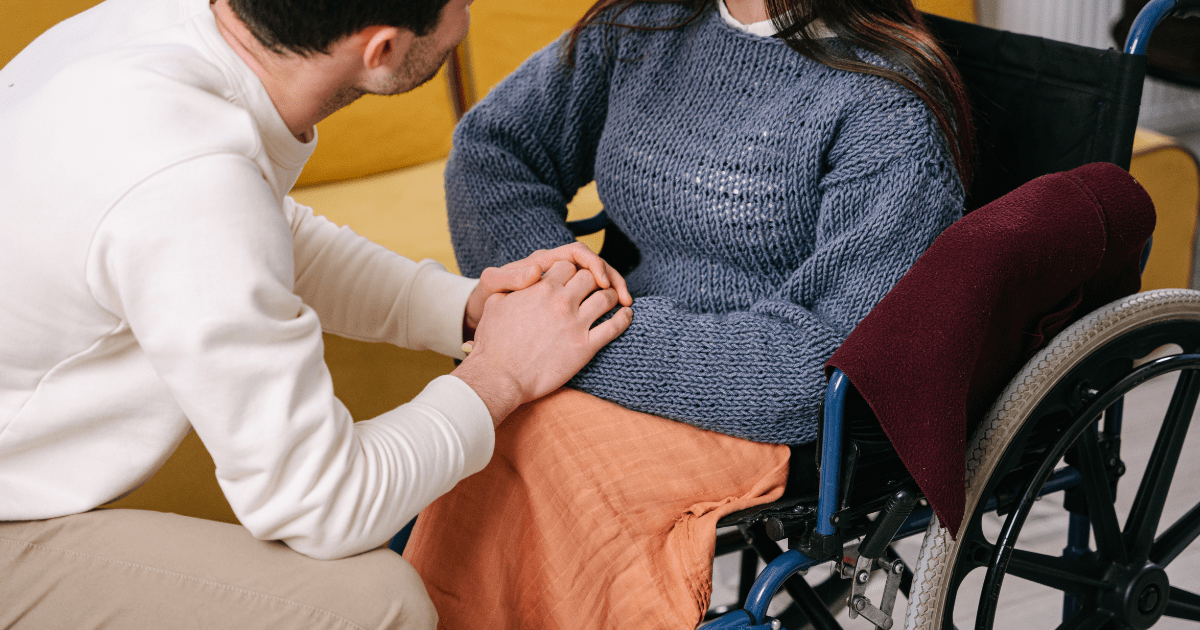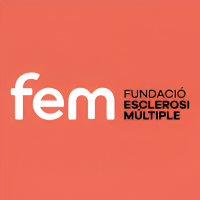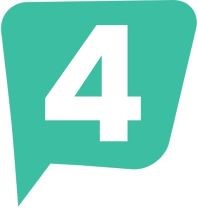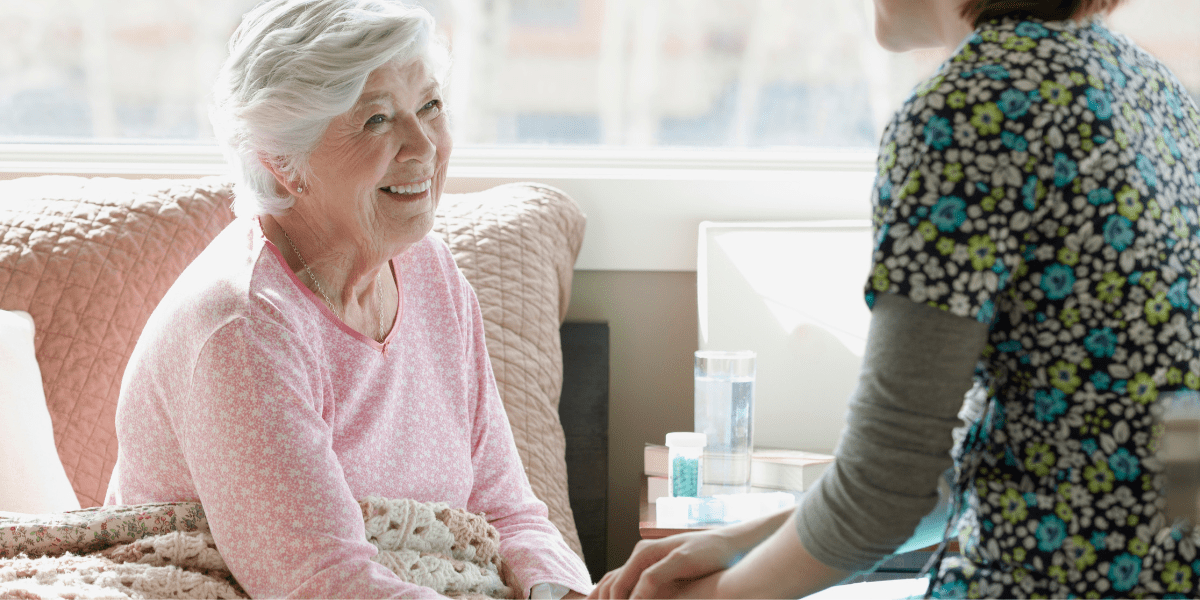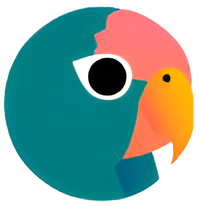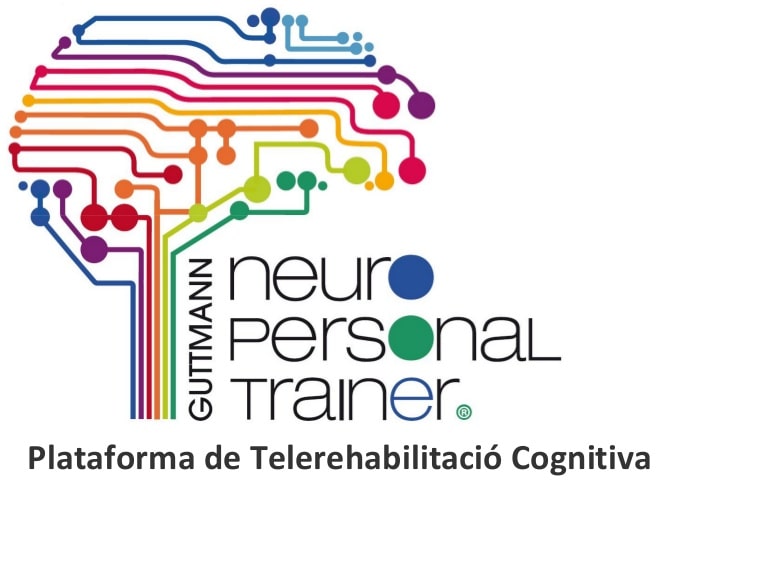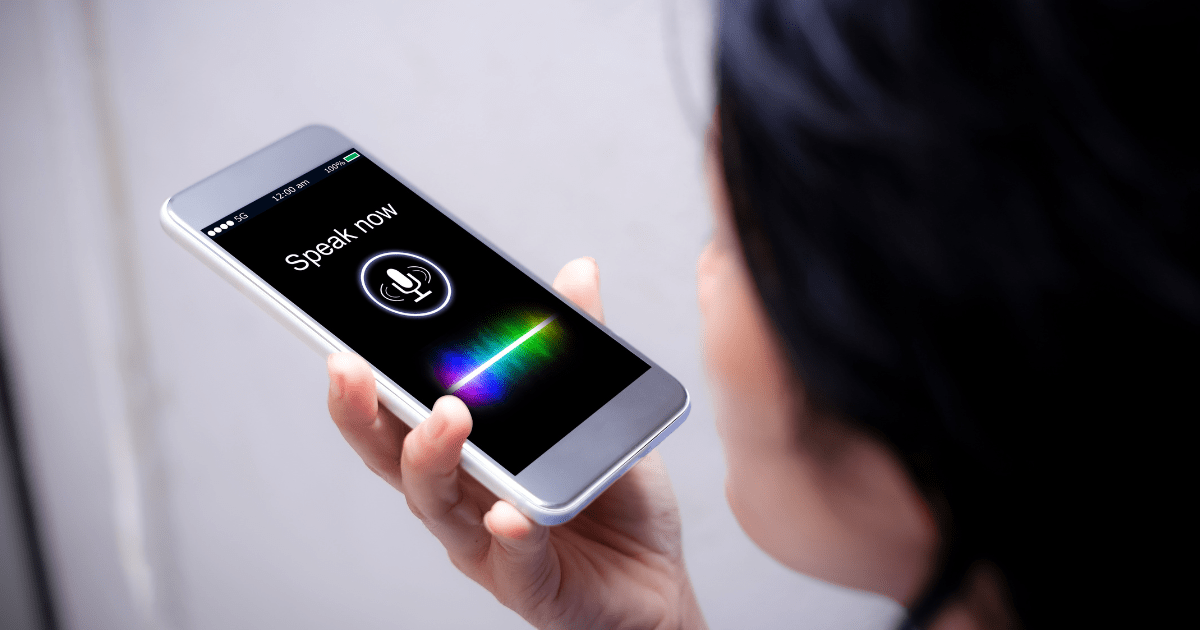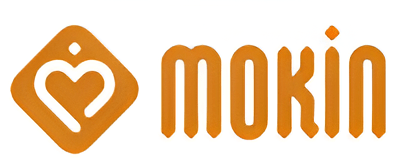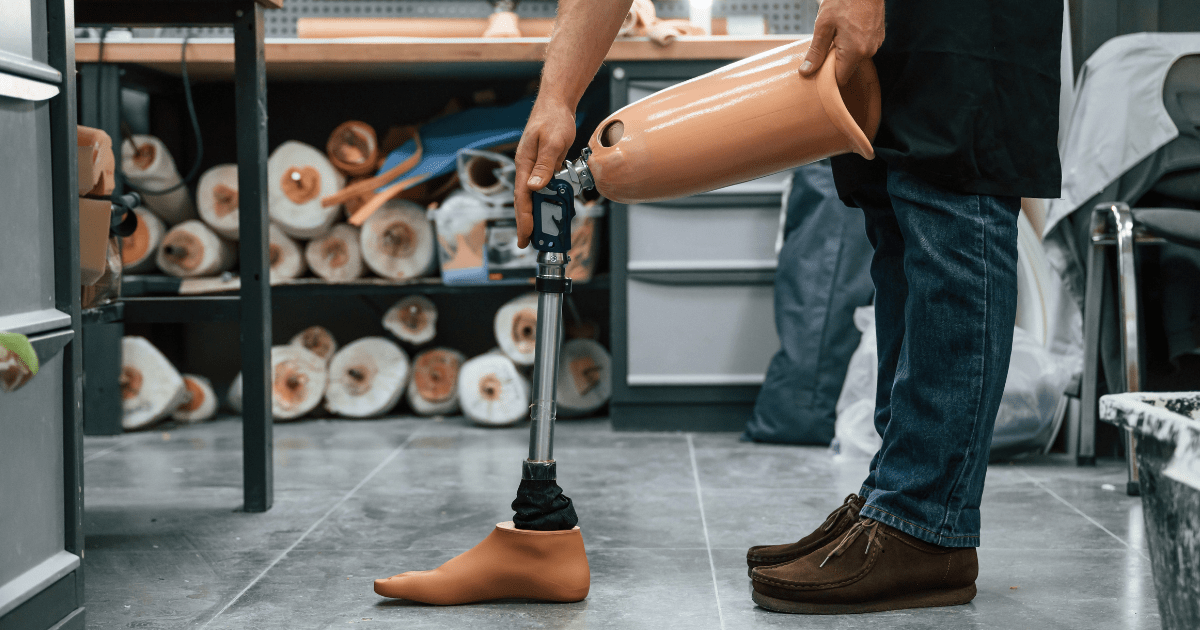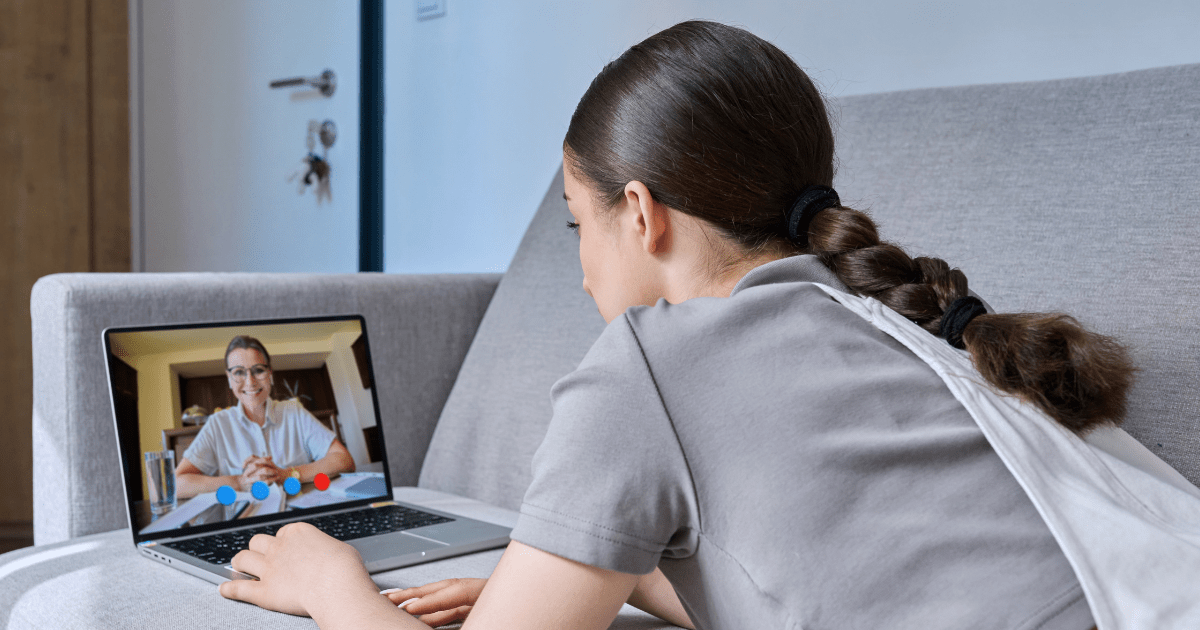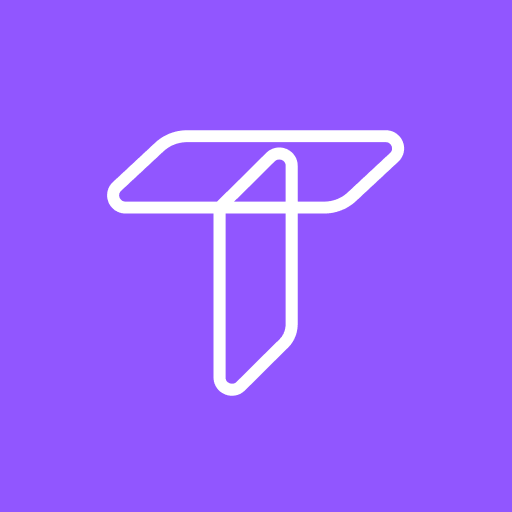LEION Hey, smart glasses with automatic speech recognition
LEION Hey, smart glasses with automatic speech recognition
LLVision Technology Co
LEION HeY are smart glasses with automatic voice recognition that facilitate communication for people with hearing difficulties
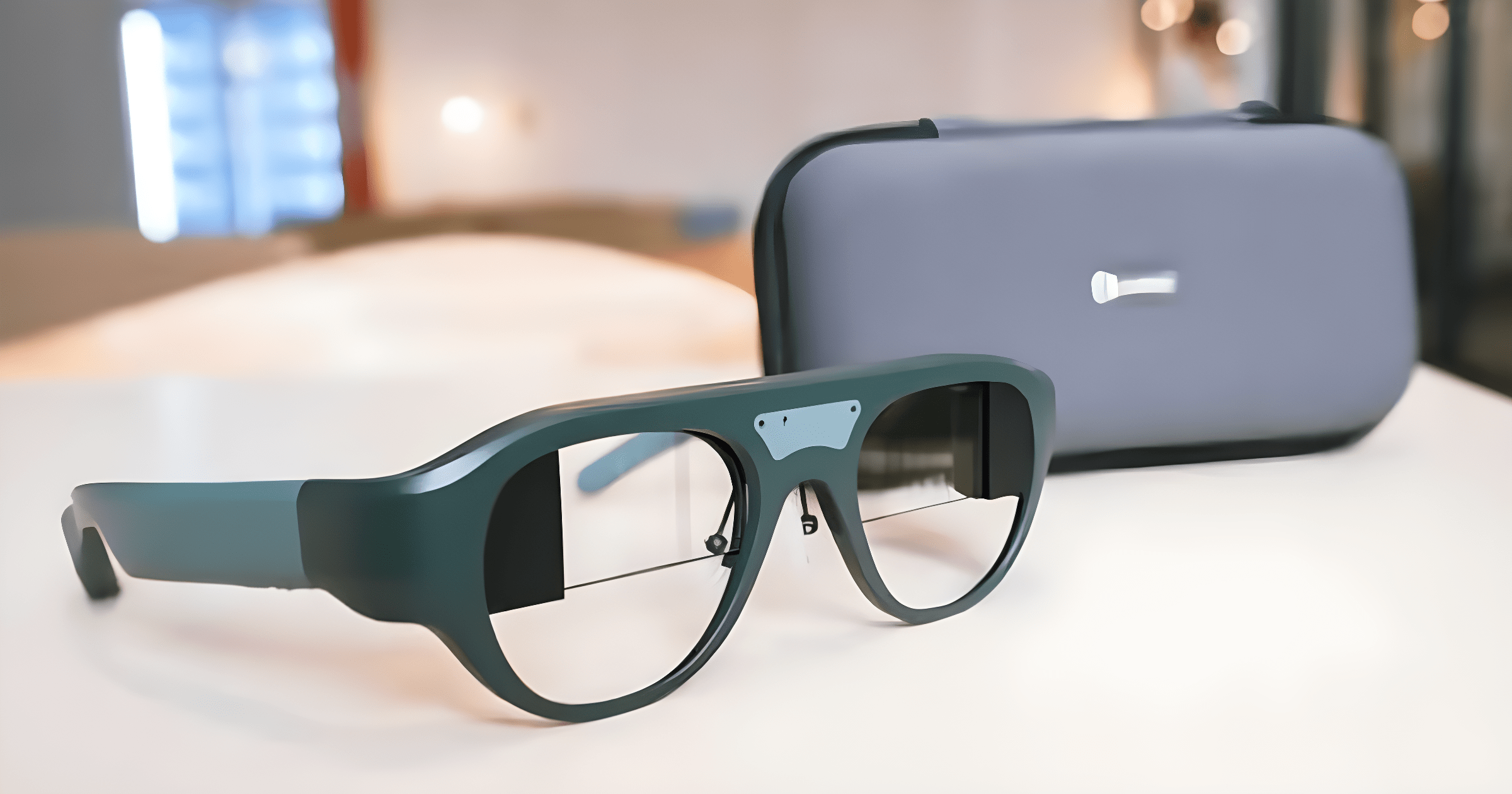
LEION Hey glasses are based on automatic speech recognition technology that allows real-time conversation transcription and displays subtitles on the lenses. Through this simultaneous translation system, they facilitate communication for people with hearing disabilities.
The temples of the glasses integrate a dual-array microphone system that detects, within milliseconds, all sounds within the human auditory range. The system prioritizes the capture of sounds coming from the front, thus improving communication in noisy environments. Simultaneously, these sounds are projected onto a built-in display in each lens. It features an intelligent engine based on machine learning, ensuring accurate and fluent communication in 91 different languages.
LEION Hey adapts to ambient light conditions with translucent, bright screens that make them usable both during the day and at night. The screen design prevents visible light leakage, ensuring user comfort during conversations. The glasses’ battery lasts approximately one and a half hours, including a ten-minute break every thirty minutes of translation. Charging time is approximately thirty minutes.
The glasses have undergone calibration processes to ensure a comfortable visual experience. They can also be fitted with prescription lenses and customized to adapt to any visual impairment of the user. In this way, they provide accessible and inclusive communication.
Characteristics of innovation
Location
China
Partners/ Founders
LLVision Technology i Mika Nenonen
Genesis
The LEION Hey glasses emerged from the collaboration between LLVision Technology and industrial designer Mika Nenonen, with the aim of improving communication and accessibility for people with hearing impairments.
Level of implementation
LEION Hey users highlight the benefits of using the device in making everyday tasks easier to perform.
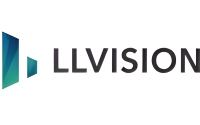
Banc d’innovacions

